Ibufen 100 mg / 100 ml 5 ml oral suspension
$8.40
Description
The instruction for use of the doser in the form of
syringe 1. to unscrew a cap at a bottle (to press, pressing down and to turn counterclockwise).
2. to strongly press the doser into a bottle mouth opening.
3. it is vigorous to shake up contents of a bottle.
4. to fill the doser, the bottle needs to be turned upside down, and then to carefully move the doser piston down, to pour in contents before achievement of a desirable mark in a scale.
5. to turn a bottle in a starting position and to remove from it the doser, carefully turning off it.
6. the tip of the doser to arrange in an oral cavity of the child, and then, slowly pressing the piston, to enter doser contents.
7. after use the bottle should be closed, screwing up a cover, and to wash the doser with water and to dry up.
Side effects and reactions
Infrequently: (1/1000 to & lt, 1/100)
– allergic reactions with skin rash and an itching
– an abdominal pain, nausea, dyspepsia
Seldom (1/10000 to & lt, 1/1000)
– vomiting, a meteorism, diarrhea, a constipation
– a headache, dizziness, insomnia, excitement, irritability, feeling of fatigue
it is Very rare (& lt, 1/10000)
– heavy hypersensitivity reactions: edema of face, language and a throat, an asthma, tachycardia, arterial hypotension (anaphylaxis, a Quincke’s edema or heavy shock)
– bronchial asthma, exacerbation of bronchial asthma and a bronchospasm
– a round ulcer, a perforation of the ulcer or bleeding from digestive tract, a melena, vomiting blood (sometimes with a lethal outcome, especially at elderly patients), a stomacace, gastritis, exacerbation of ulcer colitis and Crohn’s disease
– a disorder of vision
– hemopoiesis disturbances (anemia, a leukopenia, thrombocytopenia, a pancytopenia, an agranulocytosis)
– appearance of hypostases, arterial hypertension, heart failure in connection with use of drugs from the NPVP group
– an acute renal failure, papillonekroz (especially at long reception), the urea associated with increase in blood serum and hypostases
– abnormal liver functions, especially during prolonged use
– is possible development of severe forms of skin reactions, such as bullous reactions, including a mnogoformny erythema, a toxic epidermal necrolysis, StivensaDzhonson’s syndrome
– symptoms of aseptic meningitis: stiff neck, a headache, nausea, vomiting, fever or disturbance of orientation, especially at patients with the preexisting autoimmune disorders (system lupus erythematosus, the mixed disease of connective tissue)
– psychotic reactions, a depression
At emergence of side effects it is necessary to stop drug use.
Contraindications
– hypersensitivity to an ibuprofen or other components of drug and also
– the bronchial asthma, a small tortoiseshell, rhinitis provoked by intake of acetylsalicylic acid (salicylates) or other NPVS
– simultaneous use of other NPVS, including specific inhibitors of cyclooxygenase-2
– a digestive tract canker (peptic ulcer of a stomach and duodenum, ulcer colitis)
– gastrointestinal bleeding
– existence in the anamnesis of gastrointestinal bleeding or perforation, connected with therapy of NPVS
– a hemorrhagic vasculitis
– blood diseases (tendency to bleedings, hemophilia, hypocoagulation)
– a heavy renal or liver failure
– heart failure of heavy degree
– the III trimester of pregnancy
–
Medicinal interactions
Ibufenum (just as other medicines from the NPVS group) it is not necessary to apply children’s age up to 3 months to other nonsteroid anti-inflammatory medicines along with following medicines:
– acetylsalicylic acid, other NPVP and corticosteroids: risk of development of side effects from a GIT increases
It is necessary to be careful at simultaneous use with the following drugs:
– antihypertensive drugs and diuretics: as at simultaneous the use with NPVP decreases their efficiency
– antitrombotichesky drugs: NPVP can strengthen effect of the drugs reducing blood clotting
– lithium, a methotrexate, digoxin and Phenytoinum: NPVP can increase concentration of these drugs in plasma (it is recommended to carry out their periodic control in serum)
– a zidovudine: increase in a bleeding time at simultaneous use with an ibuprofen
– antiagregantny medicines and the selective serotonin reuptake inhibitors (SSRI) is possible: there is an increased risk of developing gastrointestinal bleeding
– mifepristone: NPVP should not be applied within 8-12 days after intake of mifepristone as NPVP can weaken its action
– takrolimusy, cyclosporine: the risk of nephrotoxic action increases at simultaneous use of an ibuprofen with these medicines
– hinolonovy antibiotics: the patients accepting a combination of NPVP and hinolona I can be subject to risk of appearance of spasms
– kaliysberegayushchy diuretics: simultaneous use with an ibuprofen can lead ment of a hyperpotassemia
– probenetsidy, Sulfinpyrazonum: these drugs can slow down removal of an ibuprofen
Special instructions
It is necessary to be careful at persons with a renal failure, insufficiency of the blood circulatory system or disorders of functions of a liver.
To the persons with bronchial asthma or symptoms of allergic reactions to acetylsalicylic acid and also taking other medicines (especially antihypertensive, diuretic, kardiotropny and psychotropic medicines) use of drug it is admissible only on condition of respect for big care.
At use of an ibuprofen, isolated cases of a toxic amblyopia are celebrated.
Considering a possibility of appearance of disorders from digestive system, it is necessary to avoid a concomitant use of an ibuprofen with the substances or medicines having ulcerogenic effect (including acetylsalicylic acid, corticosteroids).
Gastrointestinal bleeding, formation and perforation of an ulcer.
Bleeding from digestive tract, the ulceration or perforation which in certain cases came to an end with death, were noted after use of all NPVP in every period of treatment with or without the previous symptoms or episodes of bleeding from digestive tract (including nonspecific ulcer colitis, Crohn’s disease).
The risk of bleeding from digestive tract, expression or perforation increases with increase in doses of NPVP at patients with the peptic ulcer in the anamnesis which is especially complicated by bleeding or perforation and also at elderly people.
In case of approach of bleeding from digestive tract or expression, it is necessary to stop intake of medicine immediately.
Patients with digestive tract diseases in the anamnesis, especially elderly people, it is necessary to warn about need to report to the doctor about all atypical symptoms from digestive tract (especially about bleeding), especially in an initiation of treatment. These patients have to accept a medicine minimal effective dose.
It is necessary to be careful, using medicine at the patients who are at the same time taking other medicines which can increase risk of gastrointestinal disturbances or bleedings, such as corticosteroids, anticoagulative drugs, such as warfarin, selective serotonin reuptake inhibitors or antiagregant (such as acetylsalicylic acid).
Disturbances from a cardiovascular system and cerebral circulation
Patients with a hypertension and/or heart failure easy and moderate severity in the anamnesis need observation and consultations as at therapy of NPVP the liquid delay, the increased arterial blood pressure and hypostases can be noted.
According to results of clinical trials and epidemiological data, use of an ibuprofen, especially in high doses (2400 mg daily) and for a long time, can be followed by increase in risk of arterial thromboses (for example, a myocardial infarction or a stroke). In general, epidemiological researches show that small doses of an ibuprofen (for example, less than 1200 mg/days) do not lead to increase in risk of developing a myocardial infarction.
Skin reactions
In interrelation with use of NPVP are described very exceptional cases of the significant skin reactions (sometimes from the death), for example, exfoliative dermatitis, Stephens-Johnson’s syndrome and a toxic epidermal necrolysis (Lyell’s disease). Most likely, patients are subject to the greatest risk of development of skin reactions during an initial stage of therapy as in most cases the specified reactions develop within the first month of treatment. At the first symptoms of skin rash, damages of a mucous membrane of an oral cavity or other symptoms of hypersensitivity the administration of drug should be stopped.
In exceptional cases, chicken pox can be the cause of serious infectious complications from skin and soft tissues. Now it is impossible to exclude NPVP role in treatment of such infections. Therefore recommend to avoid use of an ibuprofen in smallpox.
At the same time prolonged use of various analgetic medicines can lead to damage of kidneys with risk of developing a renal failure (analgetic nephropathy).
At use of an ibuprofen, isolated cases of a toxic amblyopia therefore it is necessary to inform the doctor on all disorders of vision were celebrated.
Children and teenagers with dehydration have a risk of a renal failure.
This drug contains liquid maltitol. At patients with hereditary intolerance of fructose (rare genetic disease) this drug should not be used.
The period of pregnancy and a lactation
Is absent exhaustive information concerning safety of use of an ibuprofen for women during pregnancy. As influence of oppression of synthesis of prostaglandins on a human fruit remains to unknown, it is not recommended to apply an ibuprofen in the first and second trimester of pregnancy.
Use of an ibuprofen in the III trimester of pregnancy is contraindicated as it promotes premature closing of an arterial channel and can cause pulmonary hypertensia in the newborn, also drug suppresses sokratitelny uterine activity that the beginning of childbirth detains and prolongs patrimonial activity and also increases risk of developing bleeding at mother and
child Laktation Ibuprofen and his metabolites get to breast milk in very low concentration. As messages about negative consequences for newborn children still did not arrive, at short-term use of drug there is no need for the feeding termination by a breast.
Fertility
there Are messages that use of the medicines inhibiting cyclooxygenase/synthesis of prostaglandins can influence an ovulation and by that negatively to affect reproductive ability of women. Such influence stops after the termination of administration of drug.
NPVP can mask symptoms of an infection and fever.
Features of influence of medicine on ability to run the vehicle or potentially dangerous mechanisms
At administration of drug Ibufenum can arise dizziness that should be considered during the driving and service of moving mechanisms.
Overdose
Symptoms: disorders from nervous system, such as headache, dizziness, preunconscious states and loss of consciousness (with myoclonic spasms at children), abdominal pain, nausea and vomiting. Development of gastrointestinal bleedings, functional disturbances from a liver and kidneys is possible, a lowering of arterial pressure, respiratory depression and cyanosis.
Treatment: carry out gastric lavage with the subsequent intake of adsorbents. If necessary symptomatic therapy is carried out. There is no specific antidote.
A form of release and packing
On 100 ml of drug in the bottles from PET with the adapter corked by the polyethylene twisting cover with a safety ring and the system of protection against opening by the child.
On each bottle paste the label.
On 1 bottle with spritsom-the doser and the approved instructions for medical use in the state and Russian languages place in a pack from cardboard.
To Store storage conditions at a temperature not over 25C. To store in original packing. To store a bottle densely closed.
To store out of children’s reach!
The period of storage
After the first opening of packing a bottle needs to be used 2 years
within 6 months.
Not to apply after the expiration date specified on packing.
Prescription status
Without prescription
the Name and the country of the organization – producer
of Medan JSC Pharm, Poland
the Name and the country of the owner of the registration certificate
of JSC Khimfarm, the Republic of Kazakhstan
the Name and the country of the organization – the packer
of Medan JSC Pharm, Poland
the Address of the organization accepting in the territory of the Republic of Kazakhstan claims from consumers on quality of products (goods)
of JSC Khimfarm,
Shymkent, Republic of Kazakhstan, Rashidov St., 81,
Phone number 7252 (561342)
Fax number 7252 (561342)
the E-mail address of infomed@santo.kz
Additional information
| Ingredient |
|---|

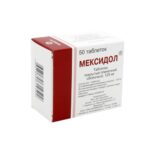
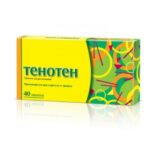
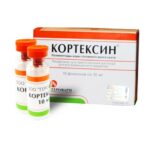
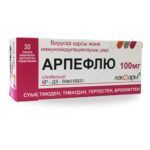
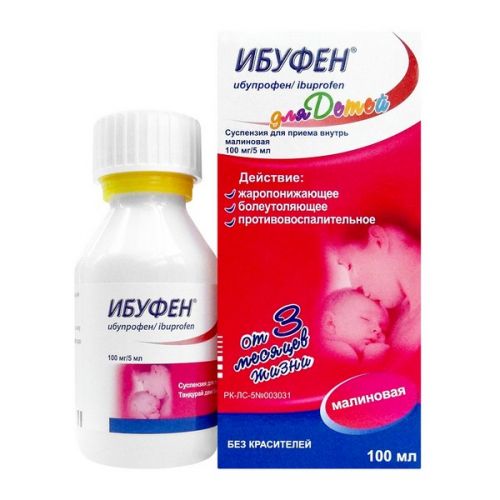
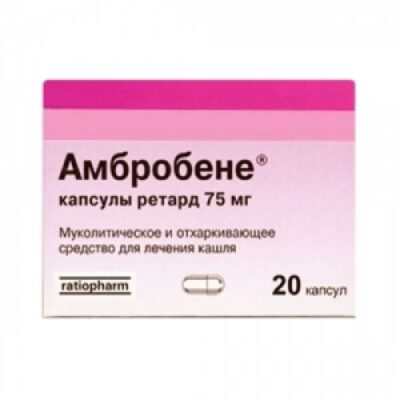
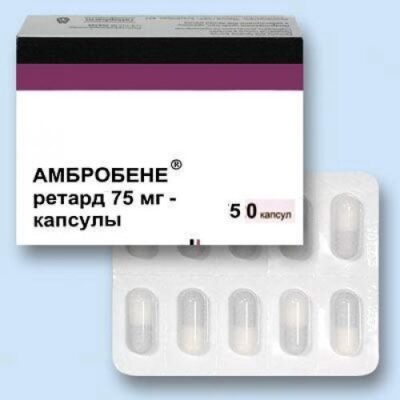
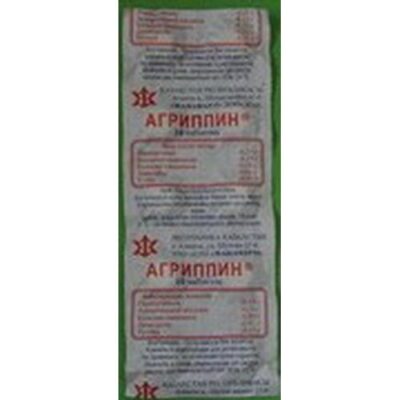
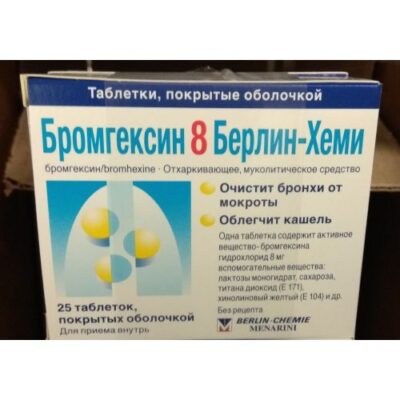
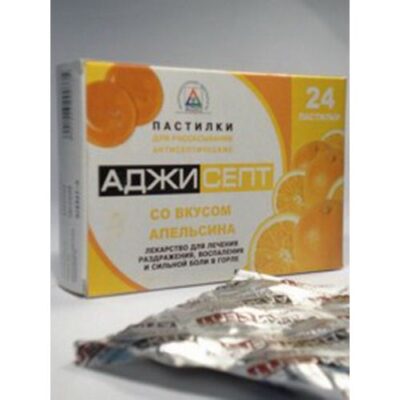
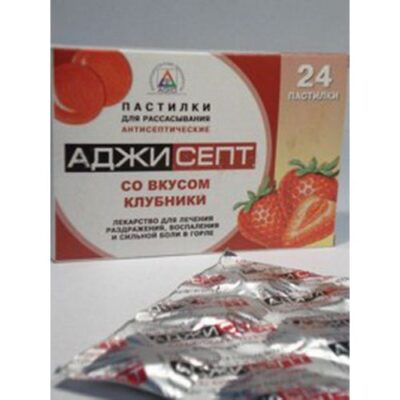
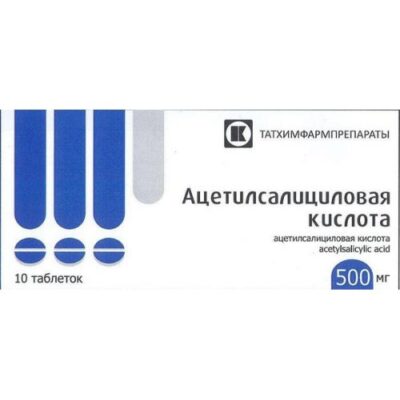
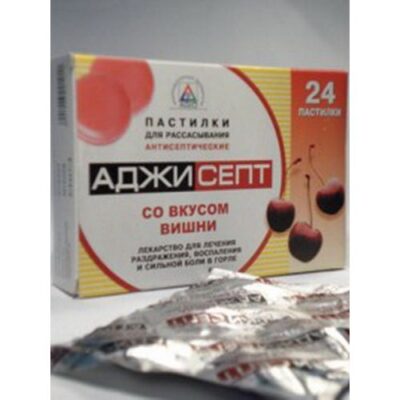
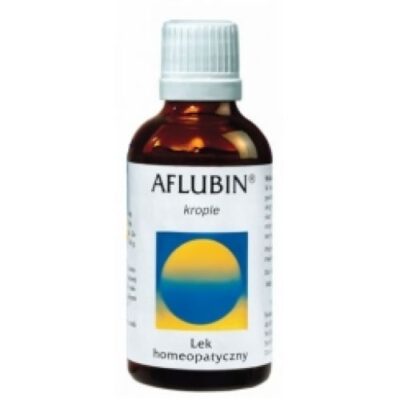







Reviews
There are no reviews yet.